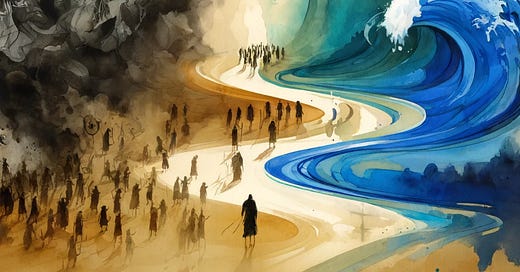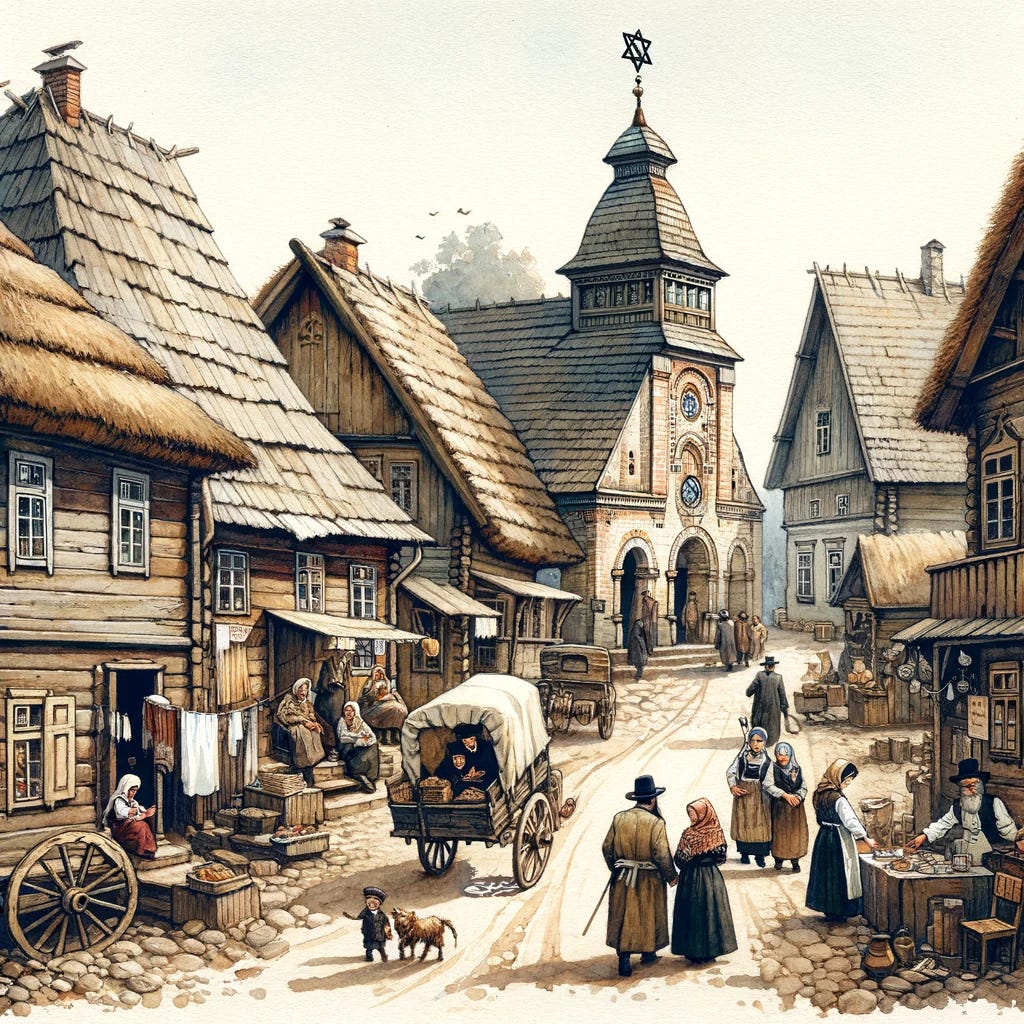As the spiritual tapestry of Passover is unfurled against the backdrop of global unrest, its message takes on a grave urgency in light of the alarming resurgence of antisemitism. This shadow has re-emerged with a chilling echo of history. This ancient festival of deliverance is not merely historical; it reflects the indomitable spirit of humanity, its relentless pursuit of freedom, and its hope against all odds—virtues that stand defiant in the face of hatred's resurgence.
Passover is a profound reckoning with the past and an intimate call to action. As we recount the Exodus, where the Hebrews broke free from the yoke of Egyptian slavery, we see a mirror for today's struggles. The narrative is not static; it reverberates with the current rise of antisemitic sentiment, reminding us that the journey towards a promised land of tolerance and mutual respect is perilous yet imperative.
Our reflections during the Seder grapple with both the tangible and intangible—our history and spirit. The Seder plate's symbols speak of affliction but also deliverance, urging us to confront the modern manifestations of oppression and dismantle the shackles of bigotry and xenophobia.
The Passover Seder becomes a sanctuary of spiritual resistance, affirming life and dignity in a world marred by the stains of antisemitism. Here, ancient prayers merge with today's cries for justice, and the bitter herbs serve as a testament to the sorrows of history and the pains that persist when prejudice is allowed to fester.
Passover calls us to extend empathy across time and space, recognizing the stranger in ourselves and seeing the reflection of our past in the plight of those marginalized today. It is a summons to ignite the spirit, to cleanse our intentions, and to rededicate ourselves to the principles of righteousness—principles that demand a stand against all forms of hatred.
In this season of rebirth, as we speak the names of ancient plagues, let us also acknowledge the modern plagues of intolerance and ignorance. Passover's message rings out as a potent reminder that from darkness, we must seek light; from despair, we must foster hope; from injustice, we must secure liberty.
Embracing the Passover legacy is reaffirming an unbroken chain of liberation, binding ourselves to the promise of a future free from the scourge of bigotry. It compels us to strengthen our resolve, unite in the face of divisiveness, and work tirelessly towards a day when all can dwell in peace and dignity. In this, Passover is not just a tale of what was but a narrative of what must be—a clarion call for unity and determination in confronting the specters of hatred that haunt our modern world.
FROM ANATEVKA TO BOCA RATON
MY JOURNEY WITH FIDDLER ON THE ROOF
Sitting in the dimly lit auditorium of the Wick Theater in Boca Raton, Florida, I found myself on an emotional odyssey that transcended the bounds of a mere theatrical experience. Each scene of “Fiddler on the Roof,” a story I knew by heart, pierced through me, stirring a profound connection to my family and Jewish heritage. Despite my familiarity with every line and melody, the performance consistently stirred me to tears, each note and word resonating deeply within my soul as if echoing the collective memory of my ancestors from Eastern Europe.
My journey with “Fiddler on the Roof” is not merely one of an audience member lost in the echoes of a familiar score; it is a pilgrimage through time, harmonized with the narrative of my own creation, my first novel, “A Cobbler's Tale: Jewish Immigrants' Story of Survival, from Eastern Europe to New York's Lower East Side.” This work is not just fiction; it is a mosaic of my great grandparents’ realities, their courageous voyage to America in the early 1900s, a testament to the enduring spirit of those who dared to envision a life beyond the pogroms and poverty of their birth.
The matinee was laden with emotion, not only because of the story unfolding on stage but also due to the company I kept—my mom, celebrating her 86th birthday, my sister June, and her son-in-law, Danny. It was our first outing since my brother Craig’s passing just three months prior. Each song and each dialogue seemed to amplify my raw emotions, making the tears flow freely as I thought of my beloved family.







